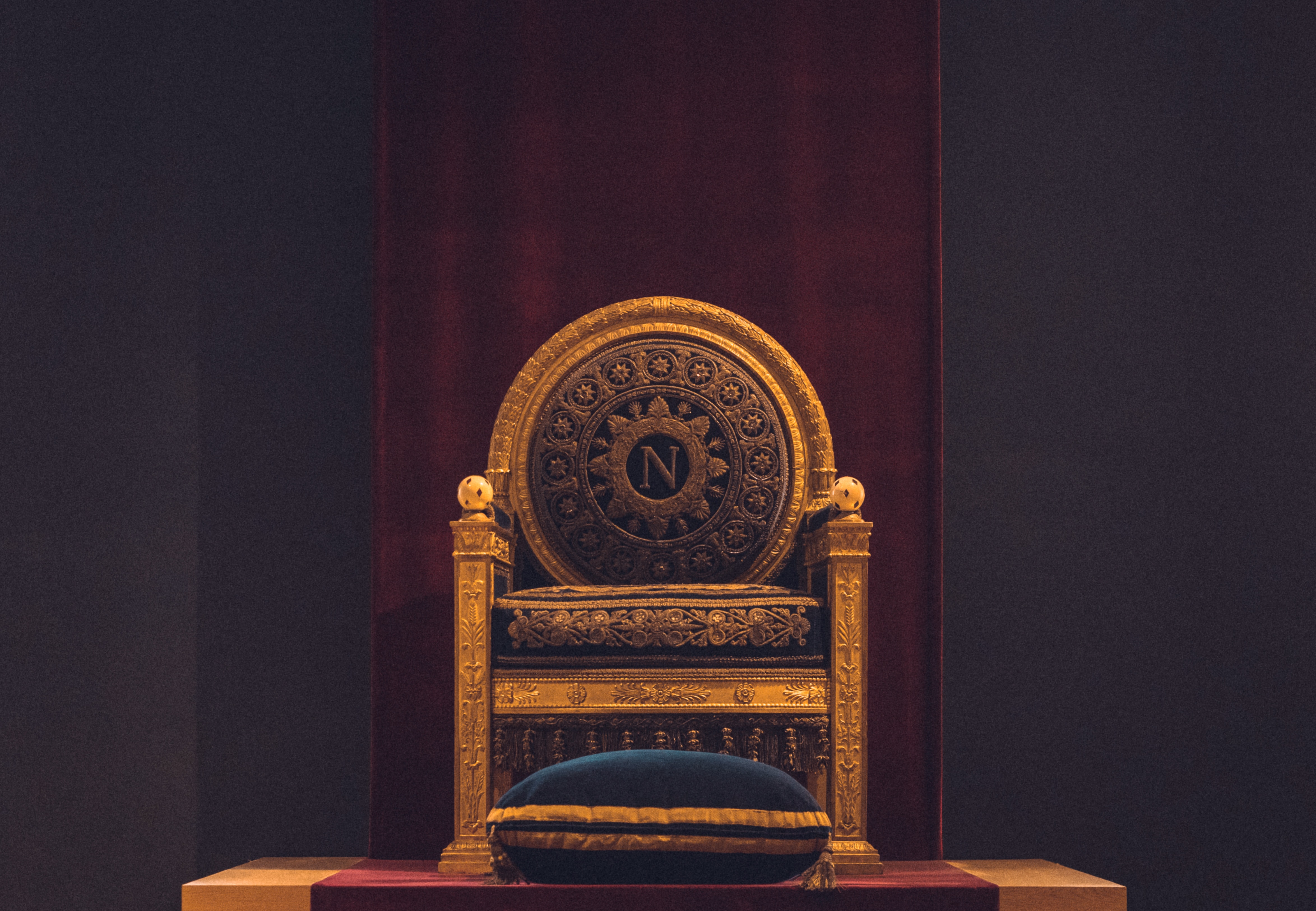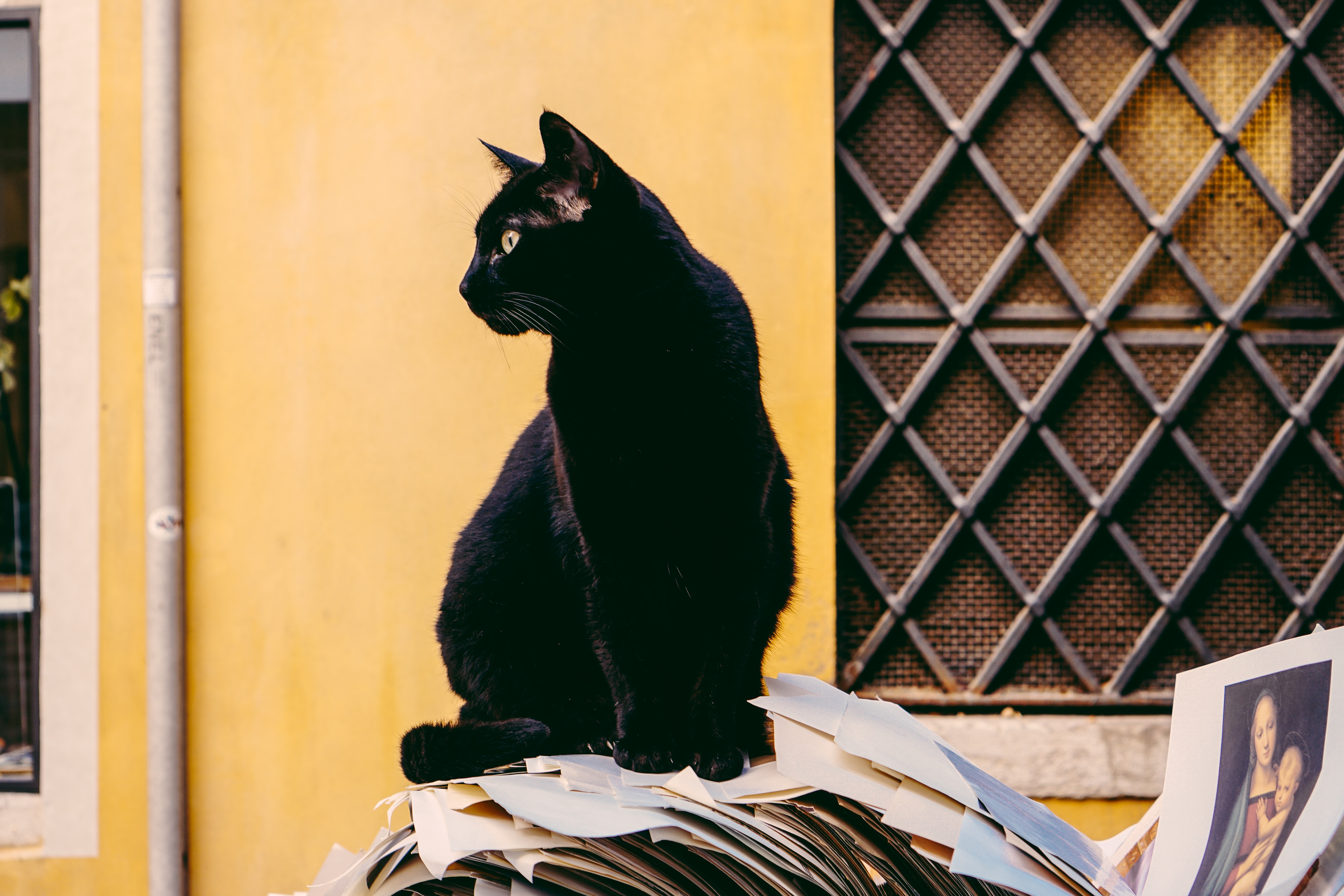
Everybody knows Anne Frank, her diary, her thoughts. Everybody knows
The Book Thief, Liesel and the protection she offered to Max, the Jew she protected from the Nazis and kept hidden in her house. Generally speaking, everybody knows about the horrors of Auschwitz, the food rations, the inhumane conditions, the smell of death all around. But this time it’s different. Because ‘The Tattooist of Auschwitz’ is about survival through love. A love that saves the soul in a pained body. A love that gives hope. A love that redeems.
Lale, the young Slovakian who boarded the cattle trains to Auschwitz with the childish belief that his sacrifice would save his family, promises himself to do whatever it takes to survive. After a short period of forced labour, although not short enough to escape typhus, he recovers and is trained by Pepan, the Tattooist at that time. Although never fully at peace with the thought of hurting people of his own kind, Lale takes the job as a tattooist because of the feeble advantages it provided: more food (that he secretly shared with other prisoners), his own bed, and in his words ‘
the opportunity of being one step further from death as compared to the other prisoners’. After Pepan is taken by the SS, Lale officially becomes ‘the Tattooist of Auschwitz’.
While giving identification numbers to a group of women deported to Auschwitz, his eyes meet Gita’s and that’s where it all begins. That’s when a space full of misery, typhus, starvation and death suddenly becomes temporary and bearable through love. That’s when surviving is no longer essential only for him, but for his loved one as well.

Of course every soul that’s been through the hell called Auschwitz had loved ones. Obviously, everybody loved somebody
at home. But Lale and Gita’s love was born there. With the fear of not being alive five minutes later, with the luxury of sharing a bite of stolen chocolate, with the risk of kissing under a sniper shot. And that’s what makes it so special.
At times you, as a reader, dislike Lale. Because it seems, in the first part of the novel, at least, that he would become friends with the devil to save his own skin. After all, his vow to himself was to do whatever it takes to survive. Later on, you nonetheless realise that none of his actions are for his exclusive benefit. He discovers a way to obtain money and jewels that he would later trade for food, because, as he says ‘food is currency, it keeps you alive’. Everything he gets, he shares with the others. He cares for Gita’s safety more than he cares for his own. He protects her as much as he can, gets her to work in an office, restores her faith in the possibility of a shared future. As a reader, it is my firm conviction that Gita survived the horrors of the Holocaust due to Lale. At the beginning, she would only refer to herself as ‘prisoner number 34902’ stating that her life before the camp didn’t matter and a life after camp would not exist. In a space meant to put them to their knees as often as possible, the two rise together. In a space where even one word could get a bullet to your head, the two manage to make love. And plans for a future as free humans beings.
Their story is impressive to the point of tears. How they survived, how they escaped separately, how they were brought back together. The extra content written by Heather Morris, the testimonial of their son Gary and how they brought him up, every word written in the pages of this novel, everything is compelling and valuable to human existence as a whole. The Tattooist of Auschwitz is a must-read!
 Everybody knows Anne Frank, her diary, her thoughts. Everybody knows The Book Thief, Liesel and the protection she offered to Max, the Jew she protected from the Nazis and kept hidden in her house. Generally speaking, everybody knows about the horrors of Auschwitz, the food rations, the inhumane conditions, the smell of death all around. But this time it’s different. Because ‘The Tattooist of Auschwitz’ is about survival through love. A love that saves the soul in a pained body. A love that gives hope. A love that redeems.
Lale, the young Slovakian who boarded the cattle trains to Auschwitz with the childish belief that his sacrifice would save his family, promises himself to do whatever it takes to survive. After a short period of forced labour, although not short enough to escape typhus, he recovers and is trained by Pepan, the Tattooist at that time. Although never fully at peace with the thought of hurting people of his own kind, Lale takes the job as a tattooist because of the feeble advantages it provided: more food (that he secretly shared with other prisoners), his own bed, and in his words ‘the opportunity of being one step further from death as compared to the other prisoners’. After Pepan is taken by the SS, Lale officially becomes ‘the Tattooist of Auschwitz’.
While giving identification numbers to a group of women deported to Auschwitz, his eyes meet Gita’s and that’s where it all begins. That’s when a space full of misery, typhus, starvation and death suddenly becomes temporary and bearable through love. That’s when surviving is no longer essential only for him, but for his loved one as well.
Everybody knows Anne Frank, her diary, her thoughts. Everybody knows The Book Thief, Liesel and the protection she offered to Max, the Jew she protected from the Nazis and kept hidden in her house. Generally speaking, everybody knows about the horrors of Auschwitz, the food rations, the inhumane conditions, the smell of death all around. But this time it’s different. Because ‘The Tattooist of Auschwitz’ is about survival through love. A love that saves the soul in a pained body. A love that gives hope. A love that redeems.
Lale, the young Slovakian who boarded the cattle trains to Auschwitz with the childish belief that his sacrifice would save his family, promises himself to do whatever it takes to survive. After a short period of forced labour, although not short enough to escape typhus, he recovers and is trained by Pepan, the Tattooist at that time. Although never fully at peace with the thought of hurting people of his own kind, Lale takes the job as a tattooist because of the feeble advantages it provided: more food (that he secretly shared with other prisoners), his own bed, and in his words ‘the opportunity of being one step further from death as compared to the other prisoners’. After Pepan is taken by the SS, Lale officially becomes ‘the Tattooist of Auschwitz’.
While giving identification numbers to a group of women deported to Auschwitz, his eyes meet Gita’s and that’s where it all begins. That’s when a space full of misery, typhus, starvation and death suddenly becomes temporary and bearable through love. That’s when surviving is no longer essential only for him, but for his loved one as well.
 Of course every soul that’s been through the hell called Auschwitz had loved ones. Obviously, everybody loved somebody at home. But Lale and Gita’s love was born there. With the fear of not being alive five minutes later, with the luxury of sharing a bite of stolen chocolate, with the risk of kissing under a sniper shot. And that’s what makes it so special.
At times you, as a reader, dislike Lale. Because it seems, in the first part of the novel, at least, that he would become friends with the devil to save his own skin. After all, his vow to himself was to do whatever it takes to survive. Later on, you nonetheless realise that none of his actions are for his exclusive benefit. He discovers a way to obtain money and jewels that he would later trade for food, because, as he says ‘food is currency, it keeps you alive’. Everything he gets, he shares with the others. He cares for Gita’s safety more than he cares for his own. He protects her as much as he can, gets her to work in an office, restores her faith in the possibility of a shared future. As a reader, it is my firm conviction that Gita survived the horrors of the Holocaust due to Lale. At the beginning, she would only refer to herself as ‘prisoner number 34902’ stating that her life before the camp didn’t matter and a life after camp would not exist. In a space meant to put them to their knees as often as possible, the two rise together. In a space where even one word could get a bullet to your head, the two manage to make love. And plans for a future as free humans beings.
Their story is impressive to the point of tears. How they survived, how they escaped separately, how they were brought back together. The extra content written by Heather Morris, the testimonial of their son Gary and how they brought him up, every word written in the pages of this novel, everything is compelling and valuable to human existence as a whole. The Tattooist of Auschwitz is a must-read!
Of course every soul that’s been through the hell called Auschwitz had loved ones. Obviously, everybody loved somebody at home. But Lale and Gita’s love was born there. With the fear of not being alive five minutes later, with the luxury of sharing a bite of stolen chocolate, with the risk of kissing under a sniper shot. And that’s what makes it so special.
At times you, as a reader, dislike Lale. Because it seems, in the first part of the novel, at least, that he would become friends with the devil to save his own skin. After all, his vow to himself was to do whatever it takes to survive. Later on, you nonetheless realise that none of his actions are for his exclusive benefit. He discovers a way to obtain money and jewels that he would later trade for food, because, as he says ‘food is currency, it keeps you alive’. Everything he gets, he shares with the others. He cares for Gita’s safety more than he cares for his own. He protects her as much as he can, gets her to work in an office, restores her faith in the possibility of a shared future. As a reader, it is my firm conviction that Gita survived the horrors of the Holocaust due to Lale. At the beginning, she would only refer to herself as ‘prisoner number 34902’ stating that her life before the camp didn’t matter and a life after camp would not exist. In a space meant to put them to their knees as often as possible, the two rise together. In a space where even one word could get a bullet to your head, the two manage to make love. And plans for a future as free humans beings.
Their story is impressive to the point of tears. How they survived, how they escaped separately, how they were brought back together. The extra content written by Heather Morris, the testimonial of their son Gary and how they brought him up, every word written in the pages of this novel, everything is compelling and valuable to human existence as a whole. The Tattooist of Auschwitz is a must-read! 







